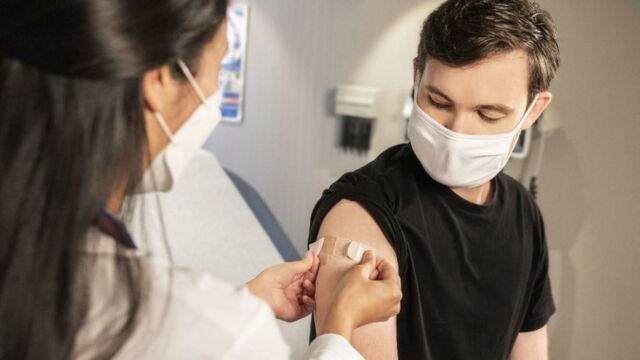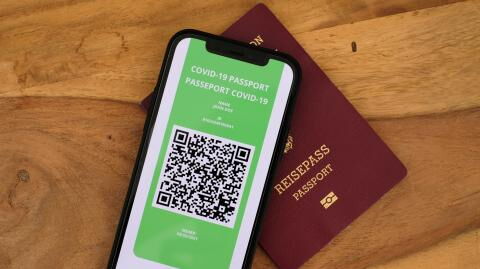Various studies have been trialling the efficacy of mixing and matching COVID doses, but it has still not been authorised in the UK. However, an administrative mix-up in South Sefton Clinical Commissioning Group (CCG) led to 41 people getting a mixed vaccine schedule. Of the 41, three people have already been administered with the wrong vaccine for their second dose.
Discover our latest podcast
Mixing up COVID jabs
A spokeswoman from the group has commented on the issue saying:
Due to an administration error that took place in February, three people have received a mixed vaccine schedule.
All individuals affected have been informed and steps have been taken to prevent this from happening again.
Under investigation
The South Sefton CCG is now investigating the mishap and has recorded the incident as ‘serious.’
The administrative jumble took place at an undisclosed vaccination centre in February, when staff accidentally allocated the wrong second jab for 41 people. The error was only spotted in May and alerts have since been sent out to NHS England and the System Vaccine Operations Centre (SVOC). A report from the South Sefton interim chief nurse, Chrissie Cook, to the CCG board states:
This affected 41 individuals and the accurate recording of the vaccine received at their first dose.
Consequently three people have received a mixed vaccine schedule, which is outside of local COVID vaccine administration arrangements.
Success of mix-match trials
The good news is that so far, studies have been showing that mixing and matching doses could invoke a stronger immune response. In the UK, Oxford’s Com-Cov trial has been showing that combinations of Pfizer and AstraZeneca doses were performing tremendously well and authorities are hoping to use this method for the upcoming booster program. Deputy chief medical officer, Professor Jonathan Van-Tam said:
Mixing doses could provide us with even greater flexibility for a booster programme, while also supporting countries who have further to go with their vaccine rollouts, and who may be experiencing supply difficulties.
Some countries have already been giving mixed doses to its citizens including Spain and Germany. They’ve been jabbing their younger population, who already received AstraZeneca jabs, with mRNA vaccines like Pfizer and Moderna on account of the increasing blood clot cases linked to the AstraZeneca vaccine.















